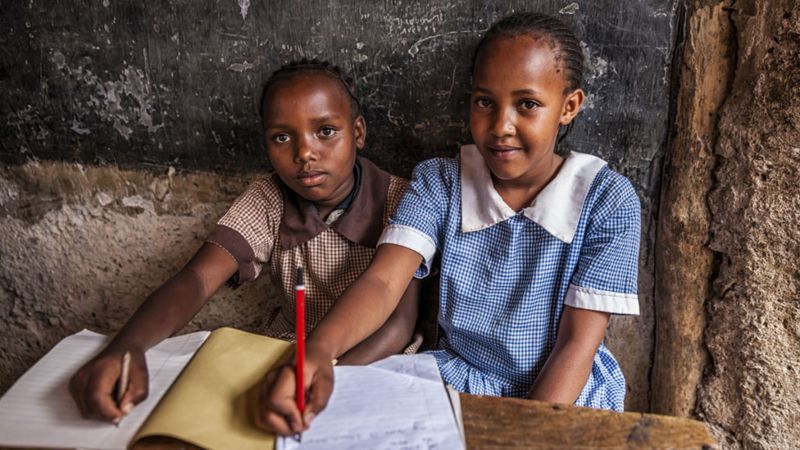
Emphasizing the Role of Education in West Africa's Development
Dr. Orlando Pereiza Dia, Chairman of the ECOWAS Parliament Committee on Health and a Member of Parliament from Cape Verde, has emphasized the critical importance of education in driving economic growth and reducing dependency on developed nations. During a recent meeting of the Parliament's Joint Committee on Education, Science and Culture, and Communication in Dakar, Senegal, he called for West African countries to allocate at least 30% of their national budgets to education.
The Need for Increased Investment in Education
Dr. Dia highlighted that investing in education is essential for fostering local production and creating a more self-sufficient region. He argued that this investment would not only enhance the quality of education but also equip future generations with the necessary skills to contribute to economic development.
He pointed out that the role of parliaments, both at the national and regional levels, is to promote innovation and technology through education. By integrating these elements into educational systems, ECOWAS countries can lay a solid foundation for sustainable development.
Integrating Technology and Innovation into Education
The parliamentarian stressed the need for ECOWAS countries to incorporate innovation, information technology, and artificial intelligence into their education systems. He believes that prioritizing EdTech will help West Africa become more self-sufficient by transforming local raw materials into finished goods, thereby creating jobs and wealth.
Dr. Dia stated, "The role of the Parliament is the promotion of technology in education." He emphasized the importance of parliaments in championing the education sector, technologies, and innovation, which are vital for the economic and social development of their respective countries.
Transforming Raw Materials into Value-Added Products
He further explained that increasing investment in education, technology, and innovation would enable the sub-region to industrialize, transform its products, produce more, create wealth, and export. This would ultimately reduce dependence on other countries.
Dr. Dia warned against the current practice of exporting raw materials and importing finished goods, which he said is detrimental to development. He urged governments to focus on building a robust educational infrastructure that supports technological advancement and innovation.
A Call to Action for Governments
The parliamentarian called for a shift in priorities, urging governments to ensure that education receives a significant portion of their budgets. He emphasized the need to introduce information technologies and innovation into school curricula at all levels, from primary schools to universities.
By doing so, countries can prepare their citizens for the challenges of the modern world and position themselves as competitive players in the global economy. Dr. Dia's message underscores the transformative power of education and the urgent need for strategic investments in this sector.
Conclusion
In conclusion, Dr. Orlando Pereiza Dia's call for increased investment in education highlights the crucial role that education plays in shaping the future of West Africa. By focusing on innovation, technology, and education, the region can achieve greater self-sufficiency, foster economic growth, and reduce its reliance on external sources. His vision for a more prosperous and independent West Africa serves as a powerful reminder of the importance of education in driving sustainable development.
Post a Comment